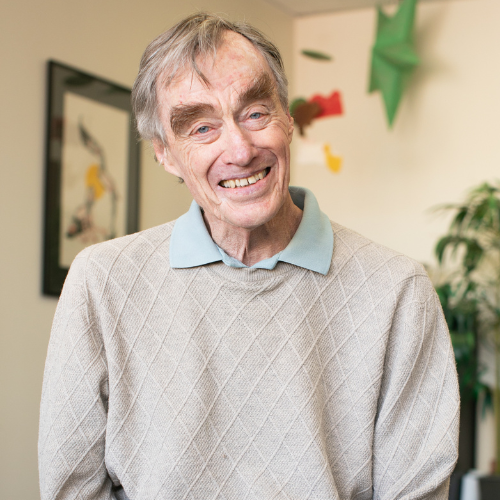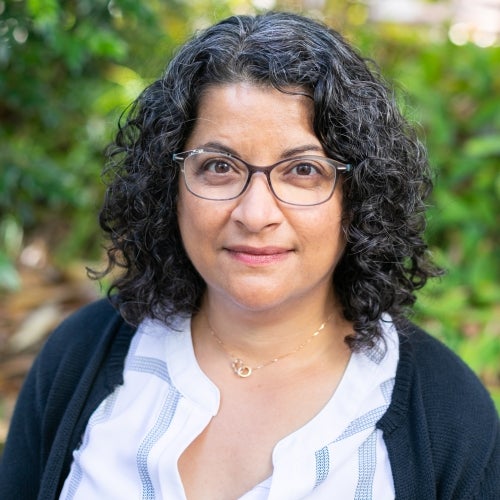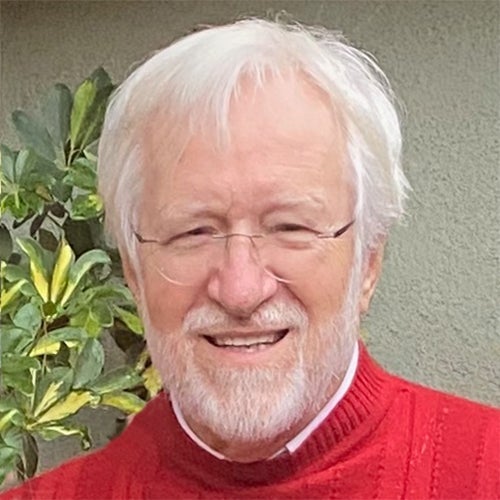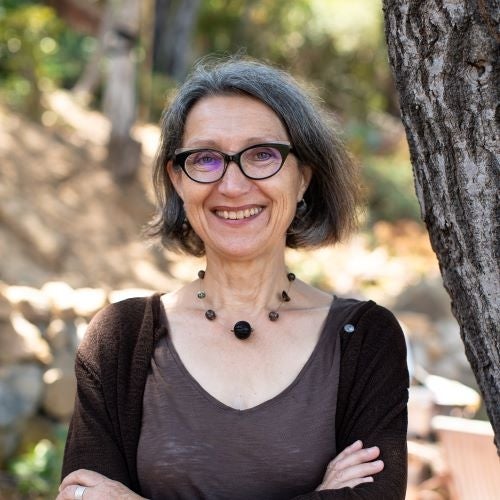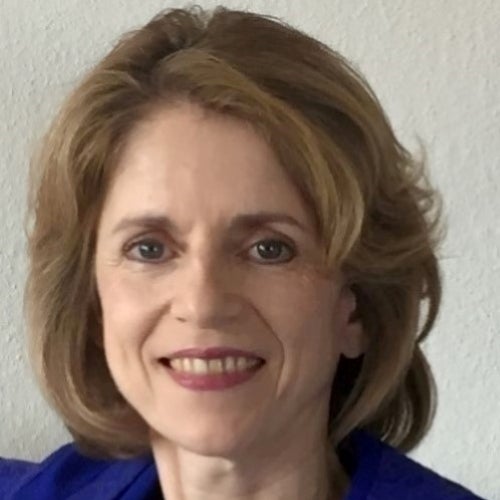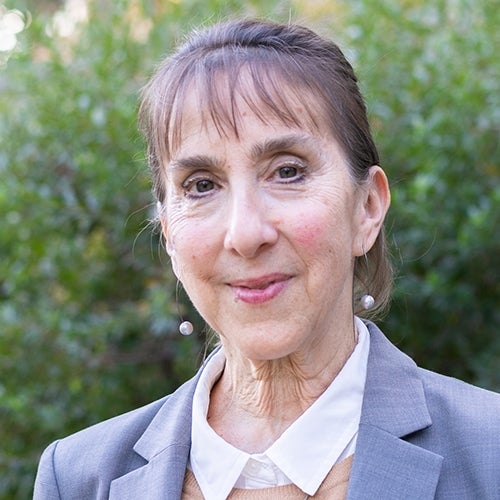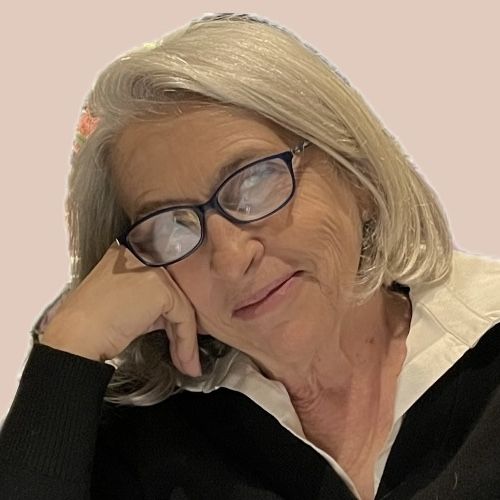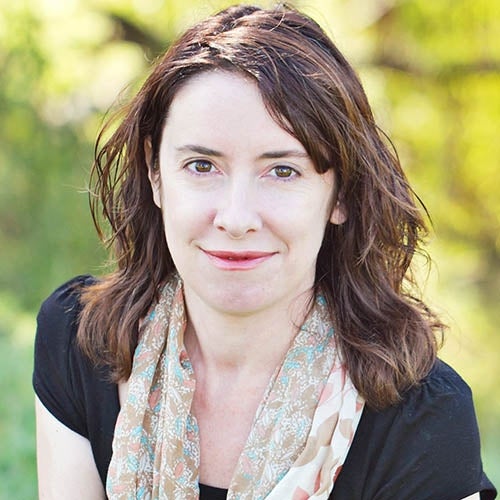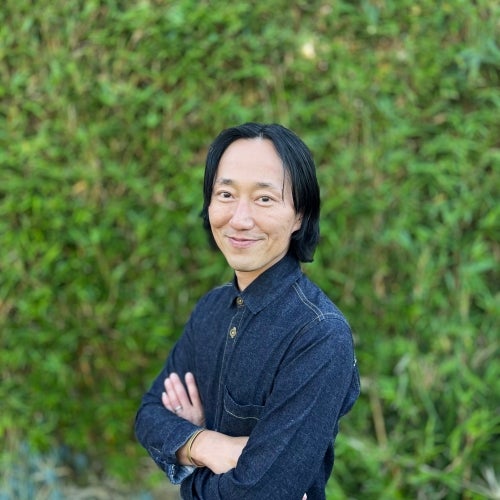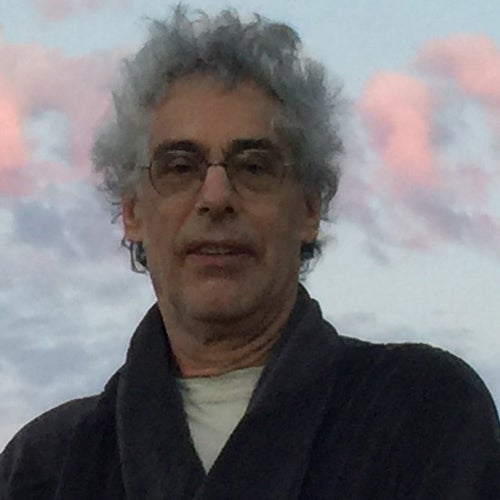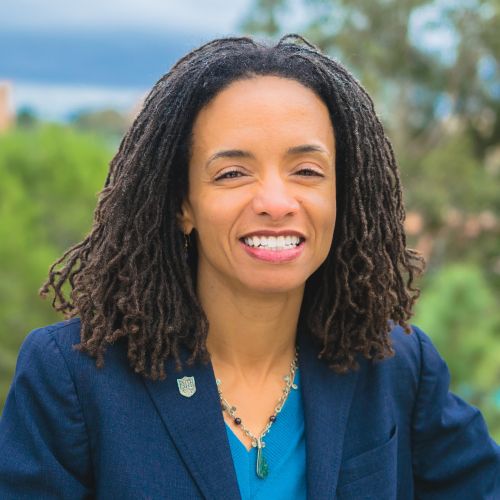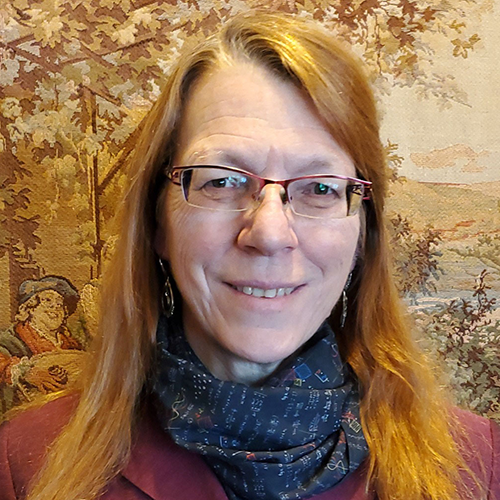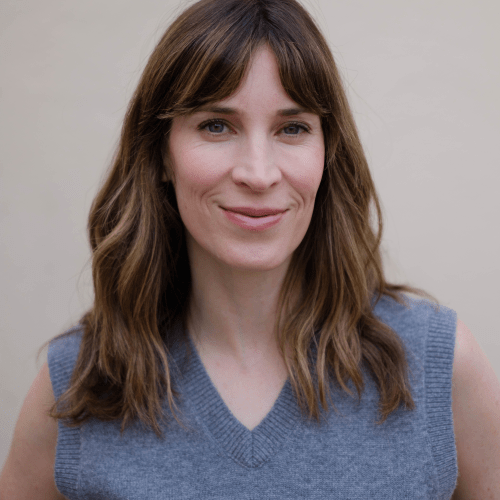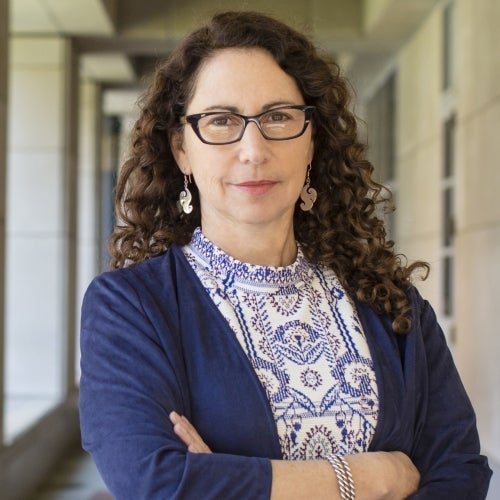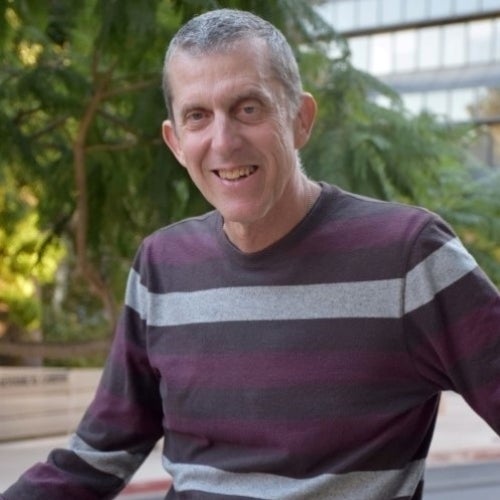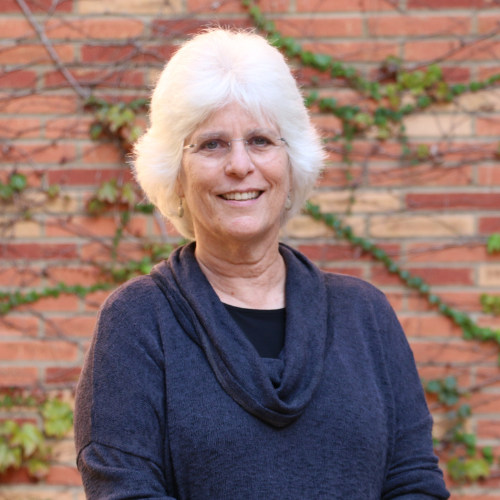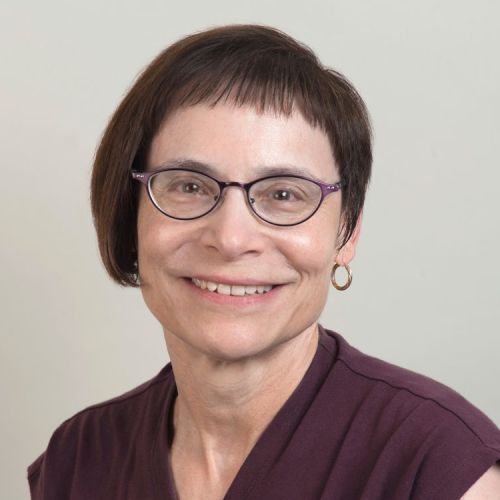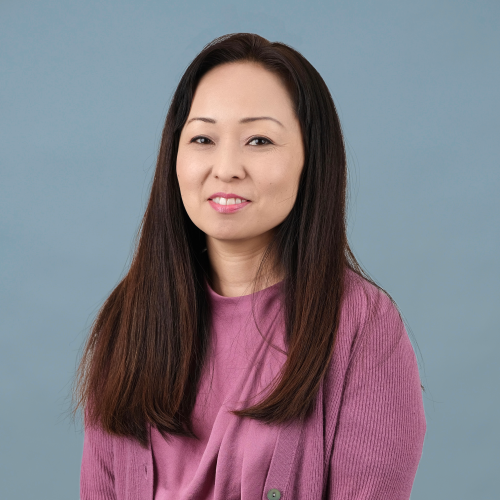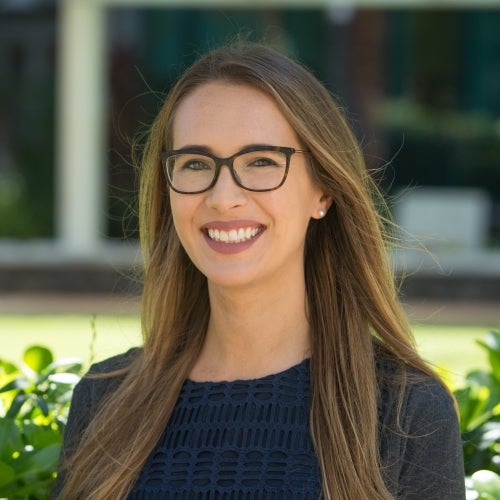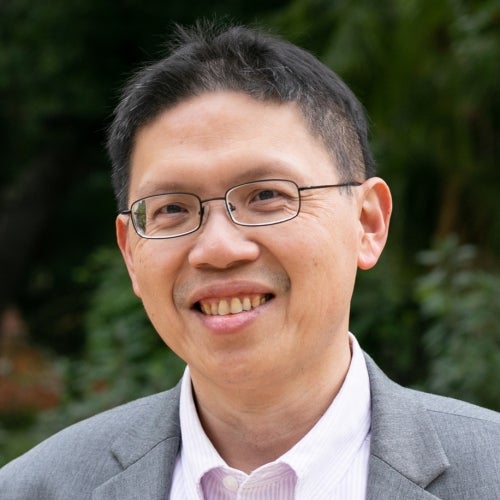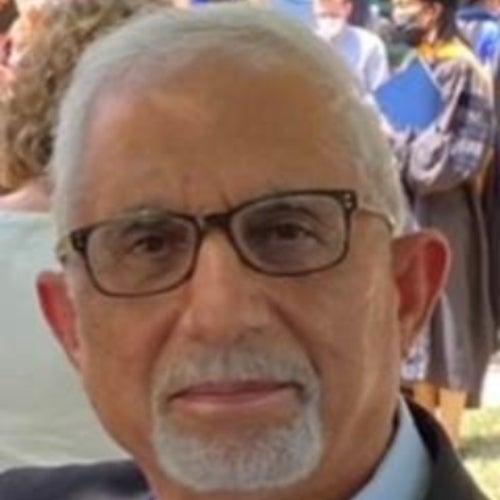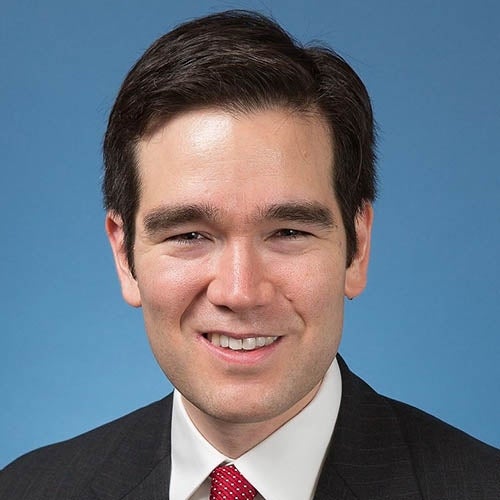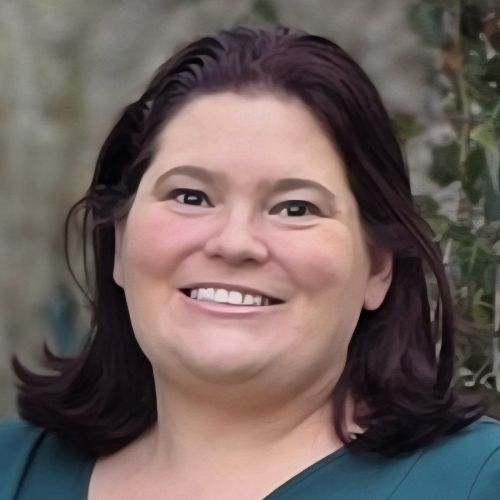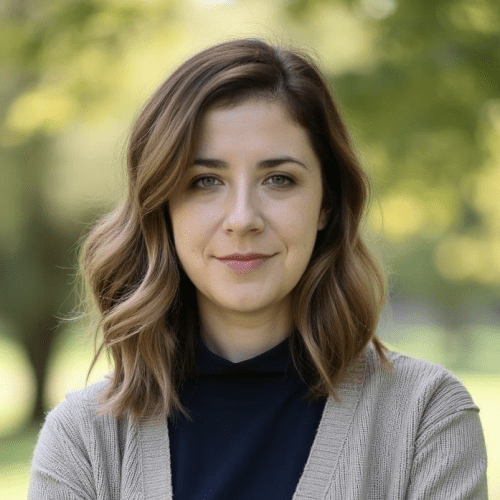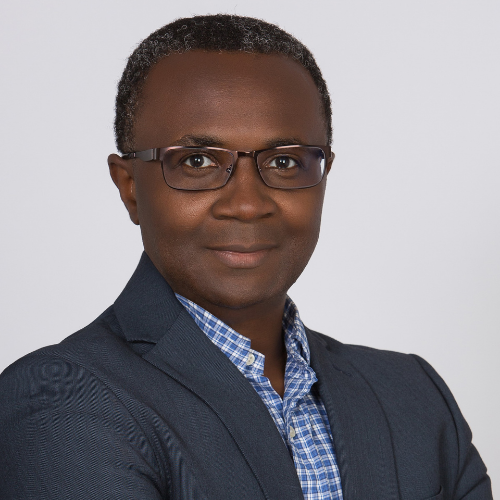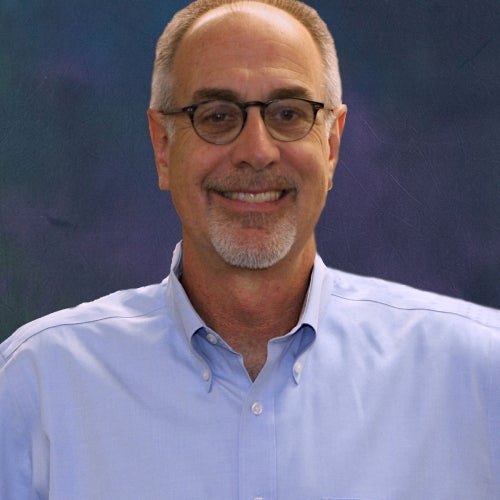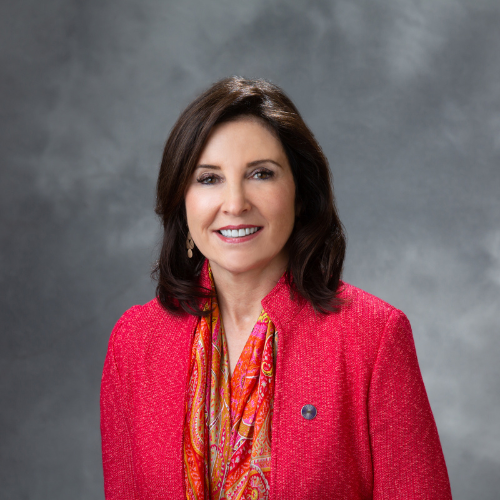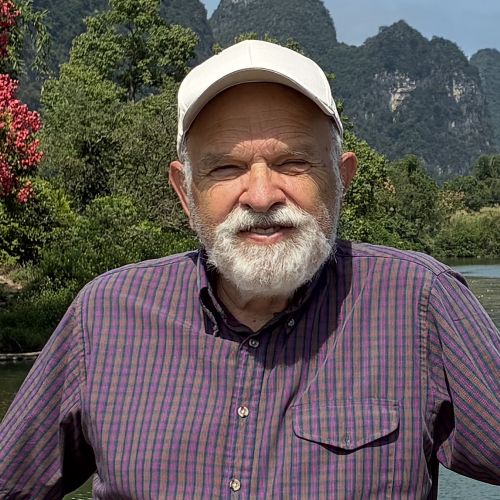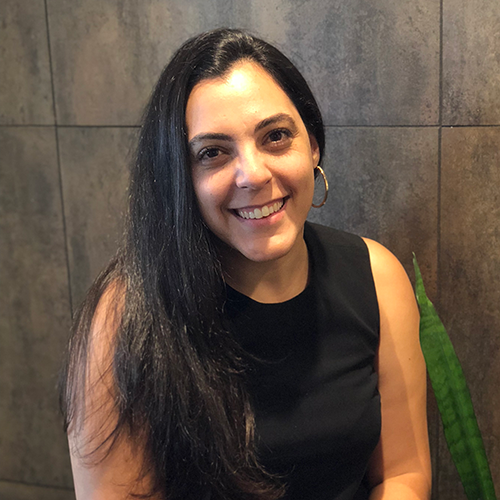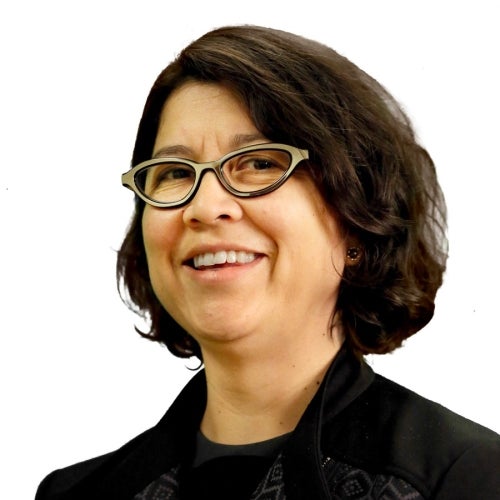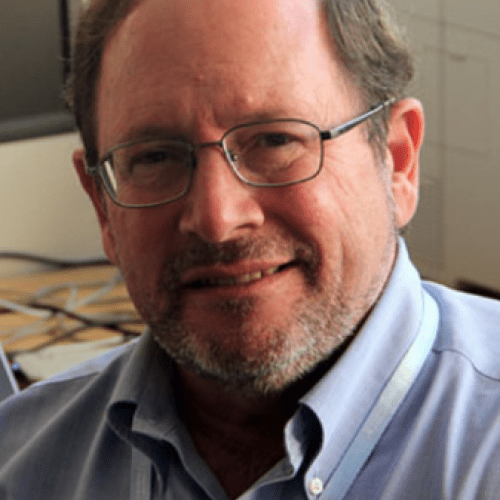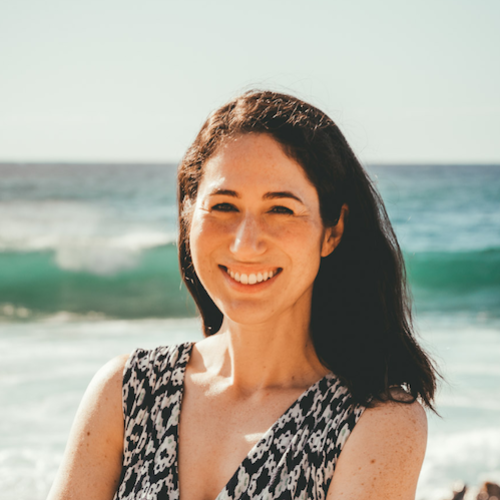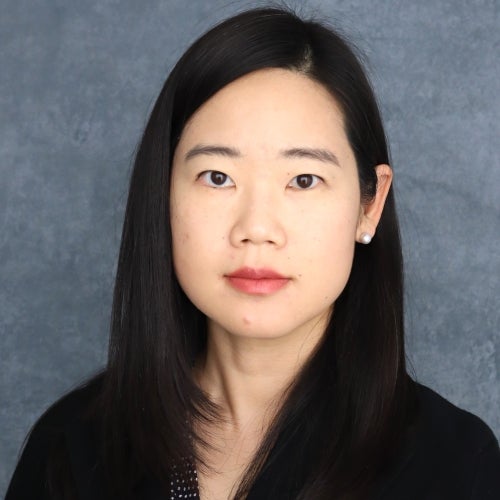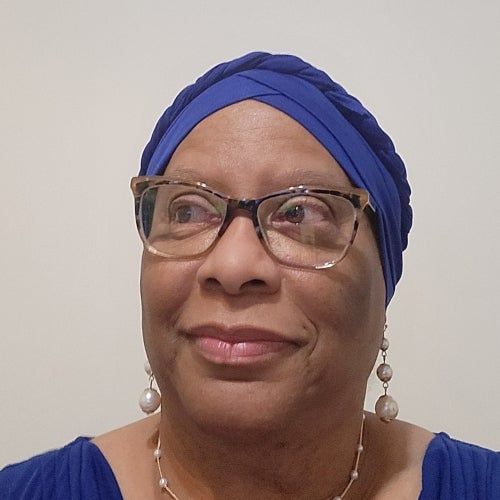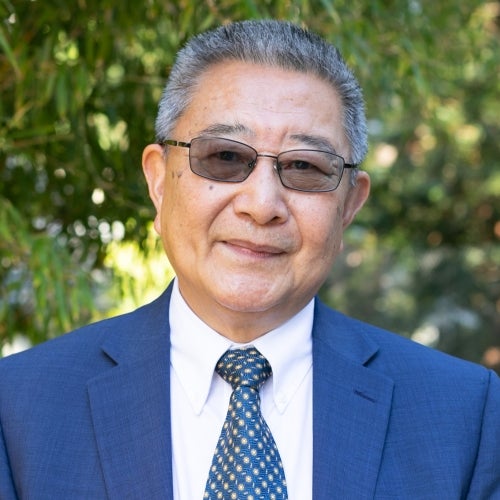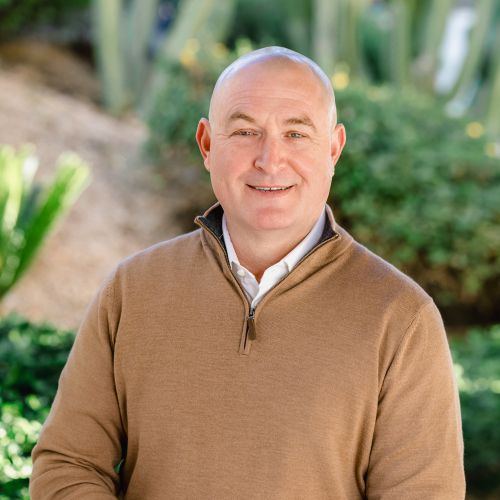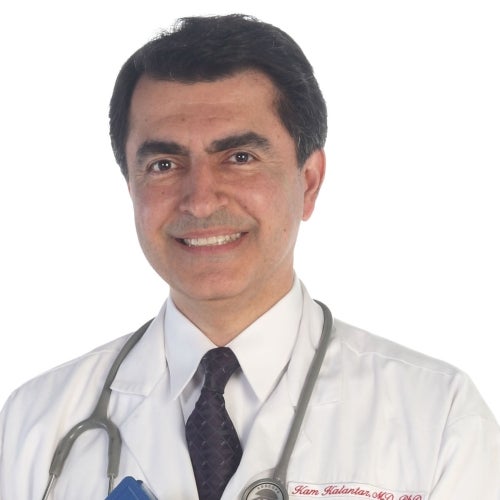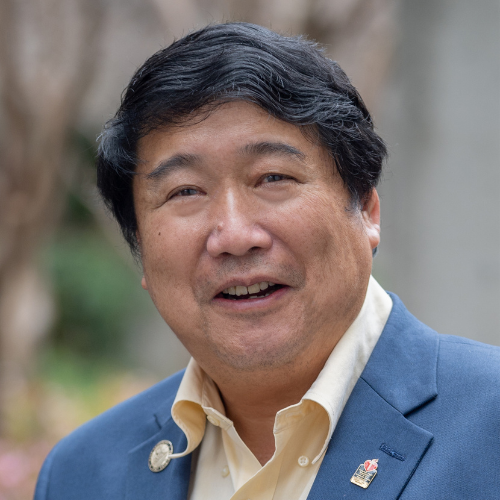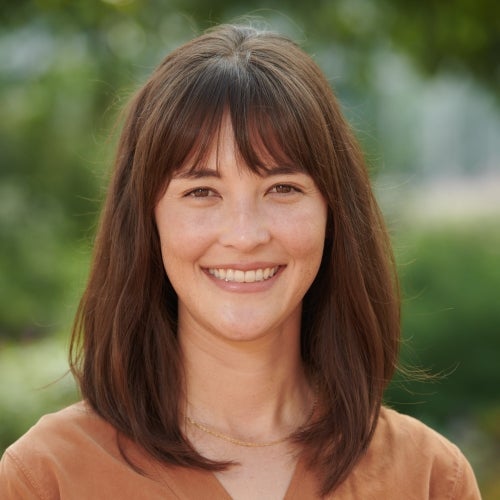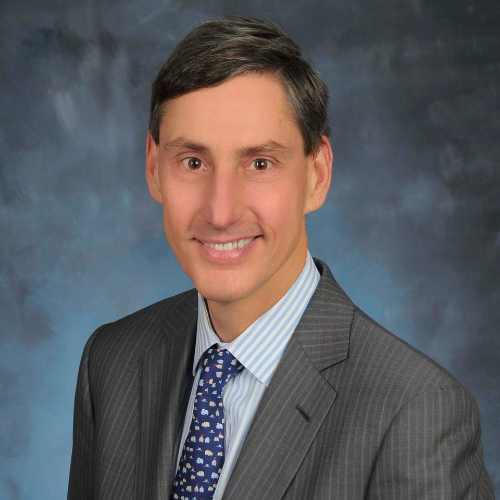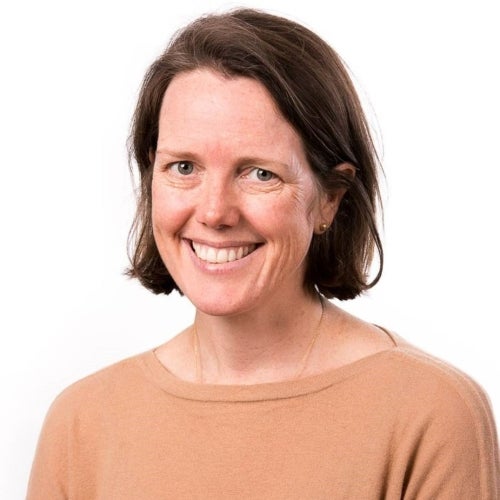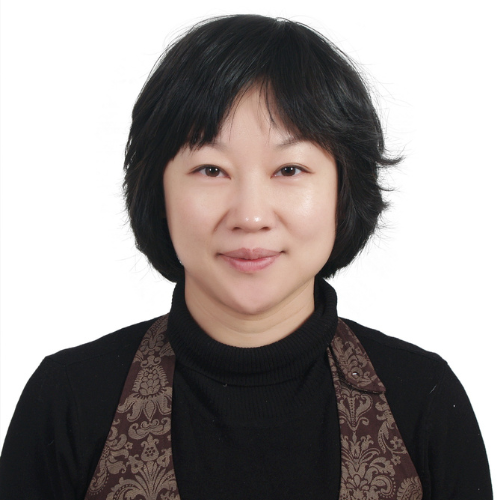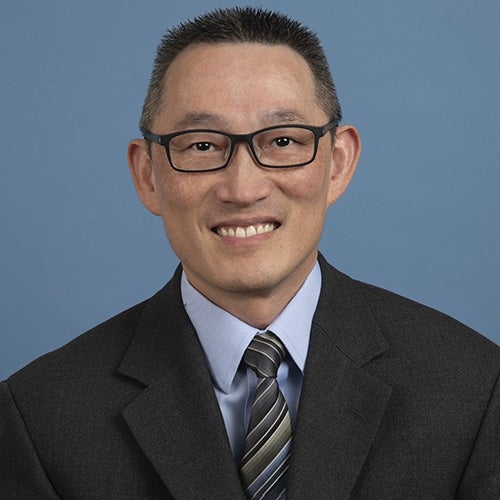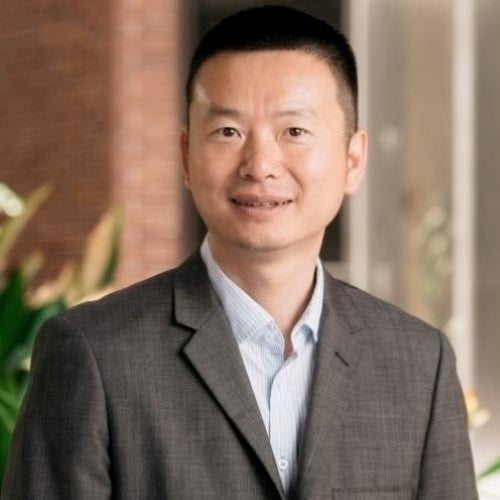Learning From Outbreaks
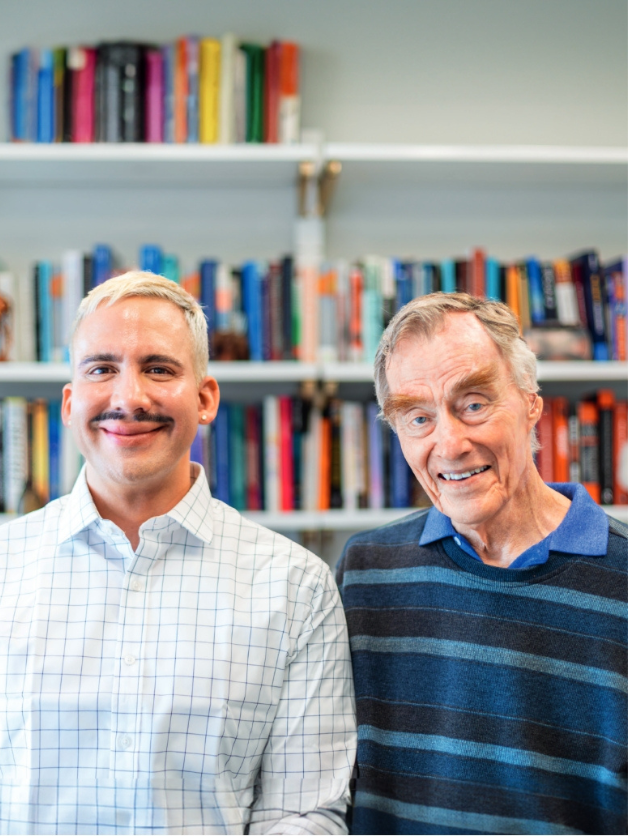
Before the UCLA Fielding School of Public Health was a decade old, prominent health leaders in the U.S. and around the world were declaring victory in the war on infectious diseases. The advent of powerful antibiotics and effective vaccines, they asserted, meant doom for the deadly pathogens that had long consumed so much of public health’s time and efforts. Then in 1981, a UCLA physician reported on the first cases of a deadly immune deficiency syndrome soon to be known as AIDS. In the last two decades, SARS, swine flu, MERS, Ebola, Zika, and others have spread through communities and across borders. And in 2020, COVID-19 announced, resoundingly, that if anything, we are more vulnerable than ever to emerging and reemerging infectious disease outbreaks.
Dr. Roger Detels (image, right), FSPH distinguished professor emeritus of epidemiology, joined the school’s faculty in 1971 and served as dean from 1980 to 1985. The year the first cases of AIDS were identified, he launched a cohort study that would become the UCLA site for the ongoing Multicenter AIDS Cohort Study (MACS; now called the MACS/WIHS Combined Cohort Study [MWCCS]), which has produced groundbreaking findings in following approximately 2,000 gay and bisexual men since the dawn of the epidemic. Detels has also trained more than 100 epidemiologists who have led HIV/AIDS and other public health efforts in Southeast Asia, China, and elsewhere. Dr. Matthew Mimiaga (image, left), FSPH professor and vice chair of the Department of Epidemiology as well as director of the UCLA Center for LGBTQ+ Advocacy, Research & Health, has worked for over two decades with LGBTQ+ populations and other marginalized groups at the intersection of HIV, substance use, and mental health, both in the U.S. and abroad. Mimiaga, who joined the school’s faculty in 2020, now co-leads the MWCCS with Detels.
WHAT INSPIRED EACH OF YOU TO GO INTO EPIDEMIOLOGY AT THE TIME YOU CHOSE IT, AND WHAT CONTINUES TO DRIVE YOUR WORK?
ROGER DETELS: When I was a medical student doing my rotation in Taiwan, I saw the importance of public health and the impact epidemiology could have on public health and medical problems, versus being with one patient at a time. It’s far more efficient to do something that’s going to affect how we view and solve problems, and what problems we work on.
MATTHEW MIMIAGA: One of my best friends was diagnosed with HIV at the age of 16 in the mid-’90s. I remember going with him to Ward 86 in San Francisco when he initiated antiretroviral therapy, and seeing firsthand his experience with stigma and the side effects from the medication. That made me want to use epidemiology to most effectively help those living with HIV and to develop ways to prevent it from spreading, particularly in marginalized populations.
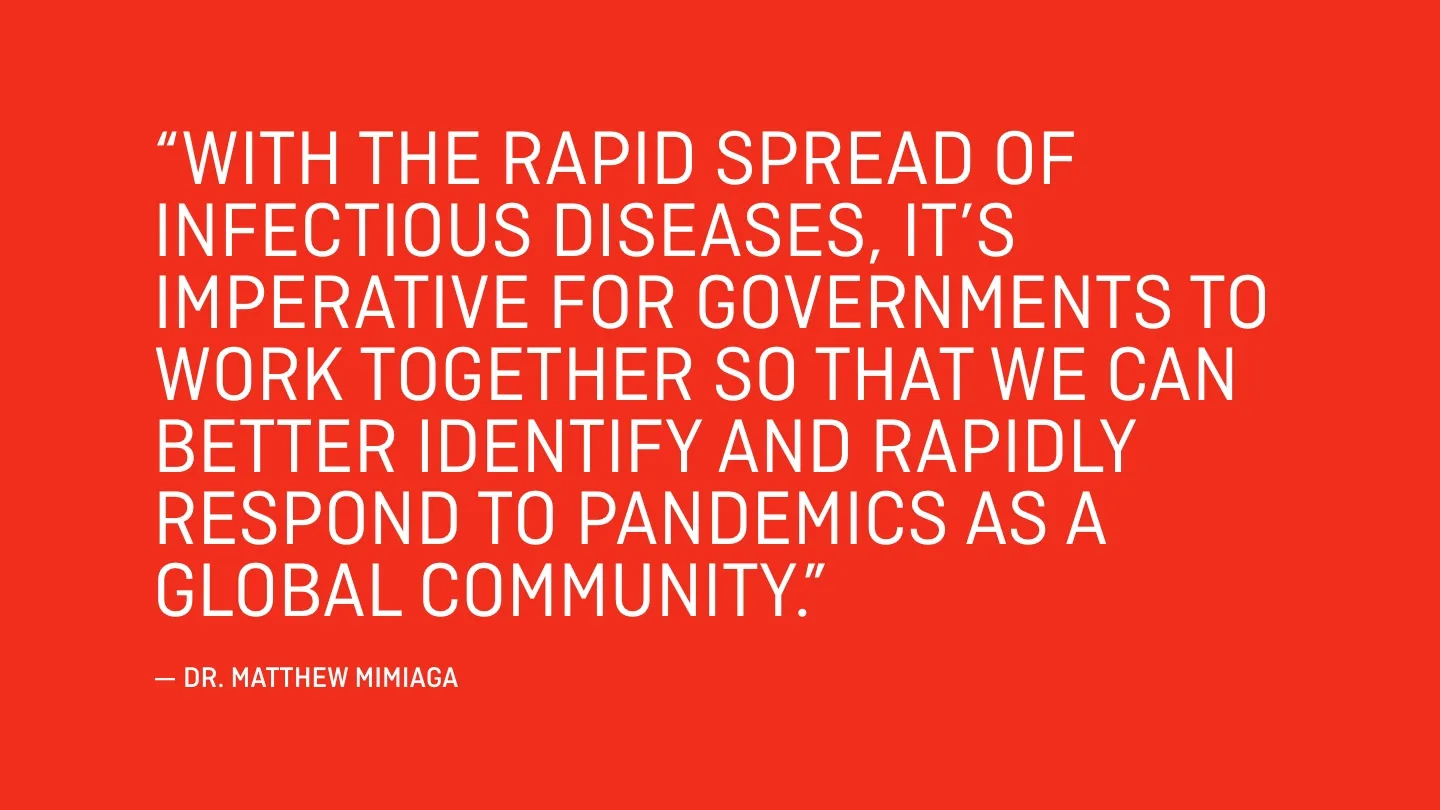
AND DR. MIMIAGA, WHAT BROUGHT YOU TO UCLA FIELDING?
MM: The school has a long history of notable faculty and excellent work, but most of all for me it was the opportunity to work with Dr. Detels, and to continue to advance his amazing legacy with the MWCCS.
RD: What has pleased me most in my career is the number of outstanding people I’ve met who are committed to public health. Working with you, Matthew, has really been great.
WHAT IS IT THAT YOU EACH ADMIRE ABOUT THE OTHER’S PROFESSIONAL APPROACH?
RD: The two things I really admire about Matthew are first, his focus on trying to do more to understand, inform, and evaluate interventions on important societal and psychosocial issues — areas that have been understudied in the past — and second, his leadership in the LGBTQ+ community in addressing problems that are unique to that population, as well as to other populations on which he has focused.
MM: Dr. Detels is a legend in public health, particularly in HIV prevention. And what I admire most about him is his humility and the generosity he shows in giving his time and mentorship. When I went to his house for the first time, I saw all of these awards he has received from dignitaries, and just marveled at his humility.
WHAT DO YOU SEE AS THE LEGACY OF THE MACS?
MM: It’s the world’s longest-running AIDS cohort study and has produced data leading to the most fundamental and influential papers used to prevent and treat HIV and AIDS. The study has collected nearly 3 million biologic specimens since its onset and produced more than 2,000 scientific publications, which is phenomenal.
RD: I started the cohort in 1981, so that’s 42 years that it’s been running, demonstrating that it is possible to follow a population of individuals who will continue to participate if they are committed. Over the course of the four decades we have amassed a repository of over a million specimens from gay, bisexual, and other men who have sex with men, including those living with the virus and those living without the virus. This repository allows us to identify factors associated with a risk of acquiring HIV and to look at factors associated with other disease outcomes in both men who have and have not acquired the virus.
WHAT ARE SOME KEY QUESTIONS THE STUDY CAN ADDRESS GOING FORWARD?
MM: There are so many main goals for the study and so many institutions that are now involved. The aspects I’m most excited about are looking at the relationship of multiple psychosocial factors to not only HIV progression, but also other factors, such as STIs, cancer, cognitive decline, hospitalization, and mortality in the context of HIV. This study cohort has the largest population of older people living with HIV, which will allow us to answer important questions related to aging and risk of dementia, diabetes, osteoporosis, frailty, and some cancers.
RD: The MACS also represents a unique vehicle for studying emerging infections. Because our cohort had a population that was at risk for both COVID-19 and mpox, we were able to quickly initiate studies when those two diseases were first recognized. And I can assure you, we will have more emerging infectious diseases in the future.
WHAT ABOUT TODAY’S WORLD MAKES US MORE SUSCEPTIBLE TO THESE OUTBREAKS, AND HOW CAN WE BE BETTER PREPARE?
RD: We’re much more interconnected. With globalization, people travel a lot more than they used to, and thus, many more people are exposed.
MM: In the past, outbreaks could often be contained within a single city or country or region. Now, with the rapid spread of infectious diseases, it’s imperative for governments to work together so that we can better identify and rapidly respond to pandemics as a global community.
WHAT COMPARISONS CAN BE DRAWN BETWEEN HOW HIV/AIDS AND COVID-19 UNFOLDED?
RD: The saddest comparison is that both became politicized. They were similar in that both involved significant risk behaviors and significant behavioral interventions, which are always difficult to implement. Both also demonstrated how unprepared we were. But I think the most disturbing outcome, particularly of the COVID-19 pandemic, was that several states made politicians the decision-makers in terms of control of the pandemic, rather than public health professionals. It used to be the public health director who determined the steps that needed to be taken. That’s now fallen to politicians, and I predict disaster.
MM: I agree. Both diseases disproportionately affect marginalized populations — including racial and ethnic minorities, people living in poverty, and people with preexisting health conditions. In the case of HIV, it took several years for effective treatments to develop, and it was initially highly stigmatized, with discrimination against people living with HIV and certain groups that were at risk. Similarly, in the early days of COVID, there was a lack of effective treatments and reports of discrimination against certain groups, such as Asian Americans. As Roger mentioned, the politicization of public health measures such as masking and social distancing undermined public trust and led to misunderstandings, mixed messages, and confusion. In the response to HIV, some politicians and religious groups have opposed prevention measures such as condom distribution, clean needle-exchange programs, and safe injection sites. One lesson we should have learned from HIV is the importance of addressing social determinants of health in our response to pandemics, such as poverty and inequity, given how they can disproportionately affect marginalized groups.
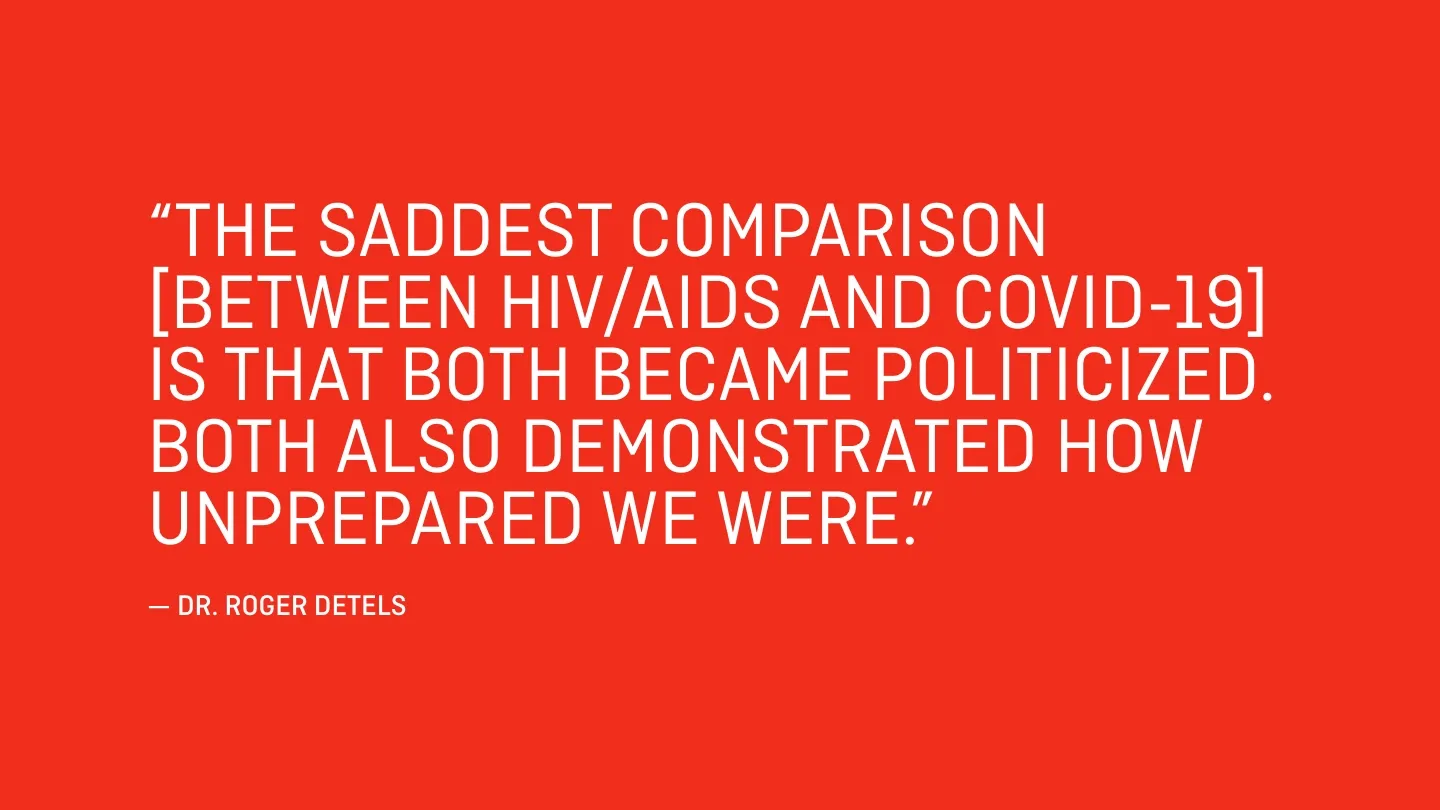
IN THE FACE OF ALL THESE CHALLENGES, WHAT MAKES YOU HOPEFUL?
MM: Every year, we see an increase in the number of applications to our program at UCLA Fielding, which shows that people want to help advance this field to improve lives around the world. That makes me hopeful.
RD: I second that. Over the last 20 years or so, the Fogarty International Center in particular has funded programs to train public health professionals from low-income countries and has created situations, as at UCLA, of institution-to-institution support. That is a tremendous resource for global health. As with Matthew, this expanded training of scientists gives me a sense of optimism.
Faculty Referenced in this Article
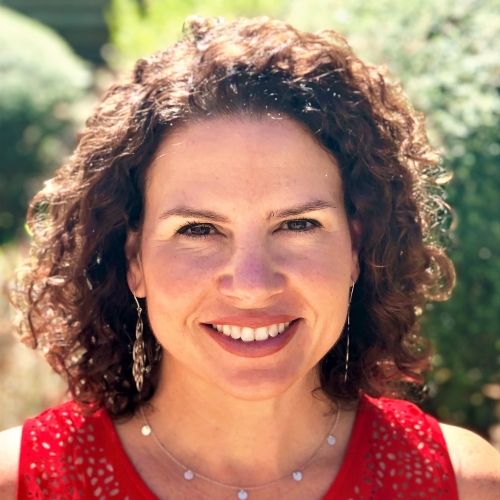
Dr. Joseph Davey is an infectious disease epidemiologist with over 20 years' experience leading research on HIV/STI services for women and children.

Robert J. Kim-Farley, MD, MPH, is a Professor-in-Residence with joint appointments in the Departments of Epidemiology and Community Health Sciences
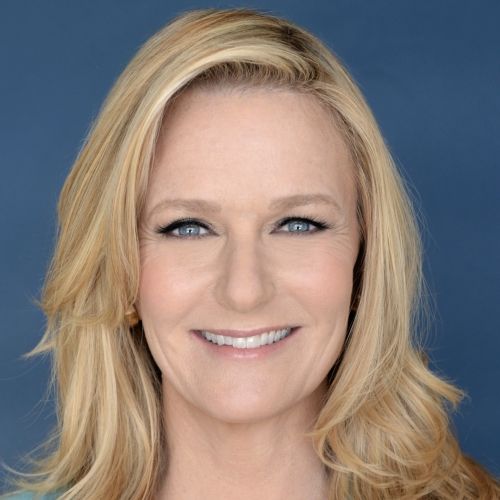
Dr. Anne Rimoin is a Professor of Epidemiology and holds the Gordon–Levin Endowed Chair in Infectious Diseases and Public Health.
